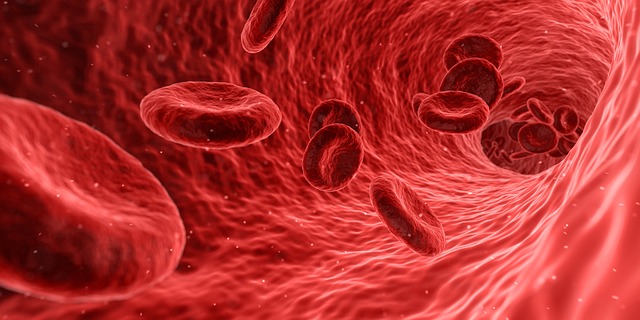
Many health conditions require blood transfusion. And though many people donate blood, the supply always seems insufficient. Which is why science had to step up through lab-made red blood cells.
As it is, the focus of research in this field is on stem cell donation, and growing these stem cells directly into mature red blood cells. However, this method presents two basic problems. First, it only produces a limited number of mature cells. Second, repeat donation is necessary because the donated stem cells eventually burn out and die.
The method developed by a team of researchers at the University of Bristol and NHS Blood and Transplant addresses both these problems.
The technique involves trapping of stem cells at an early age, in other words, premature red cells. These can then be cultured indefinitely. ‘Immortalizing’ is the term for it. And once these ‘immortal’ cells have been acquired, all that needs to be done is to coax them into becoming red blood cells. The result, according to Dr. Jan Frayne, one of the researchers, is ‘a feasible way to sustainably manufacture red cells for clinical use from in vitro culture.’
Because of the limited supply of red cell products, it is patients with rare blood types who will be the first to benefit from the cultured versions. On the other hand, the ones who will likely benefit the most are those patients with complex and life-threatening conditions that necessitate several blood transfusions. Parts of the world where blood supply is insufficient or unsafe will stand to benefit from this as well, particularly because with cultured blood, there’s less risk of infection and transmission of disease.
So now there’s a method to mass produce red blood cells. The next step is to scale it up by developing the technology needed to ramp up the process and do it on a large scale basis. And that means significant cost, of course.
As Professor David Anstee, one of the researchers, told BBC: “There is a bioengineering challenge. To produce that much at scale is quite a challenge, and really the next phase of our work is to look at methods of expanding the yield.”
Aside from clinical use, manufactured red cell products will also be useful in furthering research on erythropoiesis (red blood cell production) in both healthy and sick people. Hopefully, all this will eventually lead to the development of better treatment options for different kinds of blood-related disorders.
The research — which has resulted in the generation of the first ever human immortalised adult erythroid line named Bristol Erythroid Line Adult or BEL-A has recently been published in the journal Nature Communications.

Leave a Reply